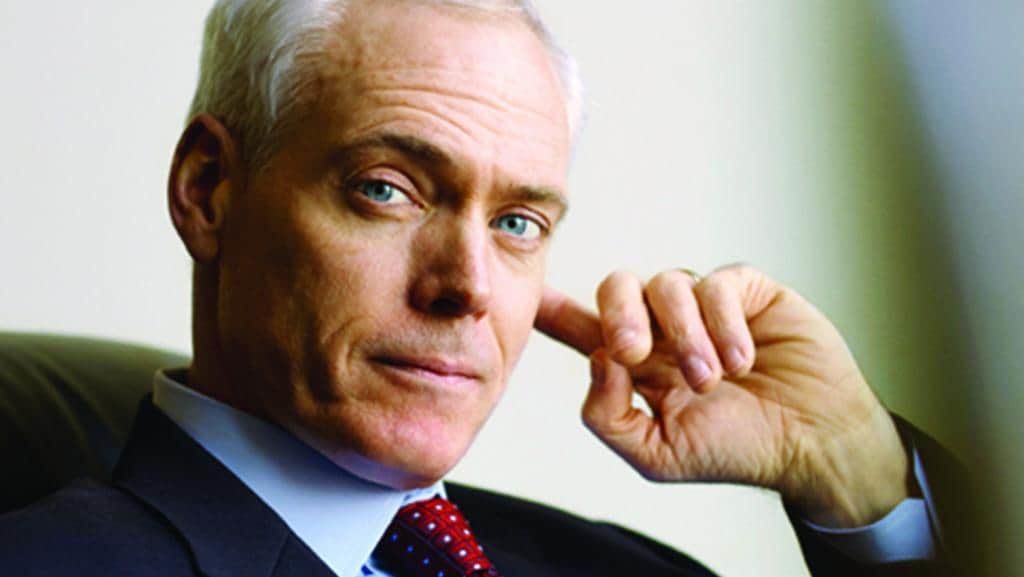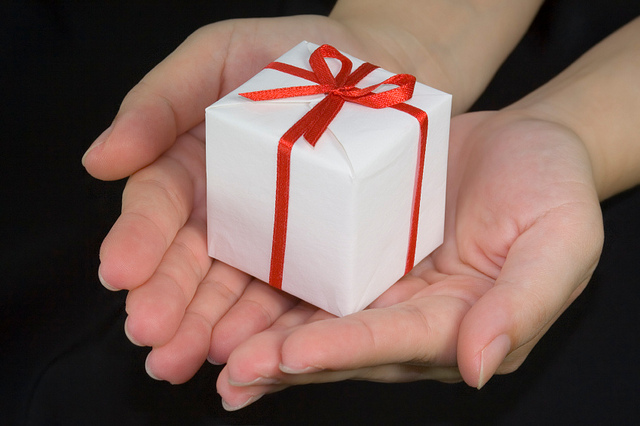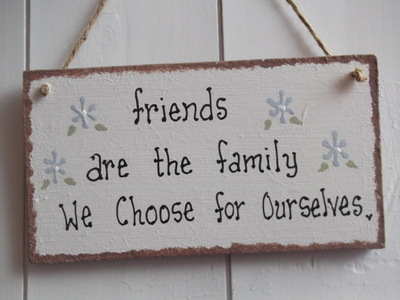Where and when is it time to walk away from things not meant for you?
—Calm App Reflection
When we’re young it seems like we have all the time in the world to do whatever we like. Wasting time was clearly for the older set and their efforts to be responsible and productive.
As we age, it appears that many of us get the message, and we begin examining how we spend our precious time becomes a much higher priority.
Just as you would not continue eating a buffet item you didn’t care for, walking — or even running — away from people and things that don’t suit your tastes seems a wise choice to feed and fuel us moving forward.
EXERCISE:
Where in your personal and professional life would it be wise to stop engaging with people and pursuits clearly not meant for you?







